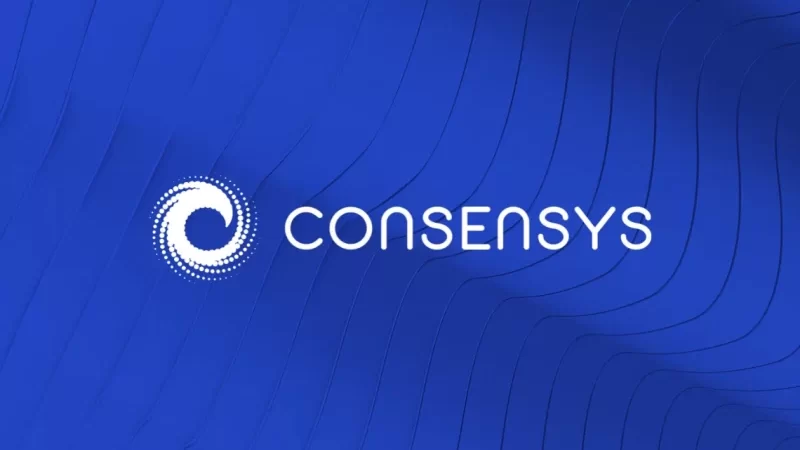The United States Securities and Exchange Commission (SEC) has filed a lawsuit against Consensys, the parent company of MetaMask, alleging the company has been operating as an unregistered broker and engaging in the unregistered offer and sale of securities through MetaMask Swaps since 2020.
Allegations Against Consensys
The complaint, filed on June 28, claims that Consensys has collected over $250 million in fees by brokering crypto asset transactions and offering staking services without proper registration. The SEC argues that this activity deprived investors of crucial protections typically afforded under federal securities laws. The regulator seeks a permanent injunction, civil penalties, and other equitable relief against Consensys.
“Since January 2023, Consensys has engaged in the unregistered offer and sale of securities in the form of crypto asset staking programs, and acted as an unregistered broker, through its MetaMask Staking service. By its conduct as an unregistered broker, Consensys has collected over $250 million in fees.”
Specific Claims
The SEC asserts that Consensys facilitated investments in staking programs offered by Lido and Rocket Pool, acting as an intermediary in unregistered transactions and denying investors essential protections.
“Consensys has offered and sold tens of thousands of securities for two issuers: Lido and Rocket Pool. By this conduct, Consensys acts as an underwriter of those securities and participates in the key points of their distribution,” the filing states.
Consensys’ Response
In April, Consensys preemptively sued the SEC after receiving a Wells notice from the agency, challenging potential attempts to classify Ether and related staking services as securities. The company accused the SEC of regulatory overreach and attempting to expand its jurisdiction via enforcement actions.
“The SEC has been pursuing an anti-crypto agenda led by ad hoc enforcement action. This is just the latest example of its regulatory overreach — a transparent attempt to redefine well-established legal standards and expand the SEC’s jurisdiction via lawsuit.”
Consensys also argues that the SEC lacks authority to regulate software interfaces like MetaMask. The company plans to vigorously defend its position in court.
SEC’s Stance on Staking Programs
The SEC’s complaint classifies staking programs offered by Lido and Rocket Pool as investment contracts, arguing that investors involved in staking programs are investing Ether in a common enterprise with a reasonable expectation of profits. Neither Lido nor Rocket Pool has filed a registration statement with the SEC.
“The Lido and Rocket Pool staking programs are each offered and sold as investment contracts and, therefore, securities. Specifically, as described in more detail below, investors make an investment of ETH in a common enterprise with a reasonable expectation of profits from the managerial efforts of Lido and Rocket Pool, respectively.”
The SEC contends that by facilitating these staking programs through its MetaMask platform, Consensys has acted as an unregistered broker and underwriter.
Historical Context
The SEC has previously targeted staking service providers. In February, Kraken settled with the SEC for $30 million and ceased its staking services for U.S. clients following a lawsuit. Coinbase is also disputing similar claims regarding staking as a security in court.
Staking involves locking cryptocurrencies in a digital wallet to support a blockchain network’s security and operations. Validators confirm transactions and create new blocks, earning rewards in return, which provides stakers with passive income.
